Community Association Lawyers in Georgetown County, SC
With Law Offices in Myrtle Beach, North Myrtle Beach, and Litchfield

With Law Offices in Myrtle Beach, North Myrtle Beach, and Litchfield
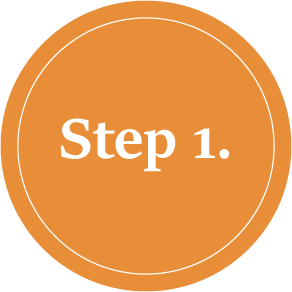
Reach Out to Our Attorneys

We Help You Fight Your Charges

Get Your Life Back on Track

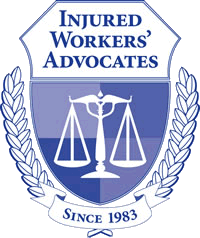
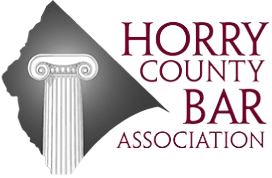
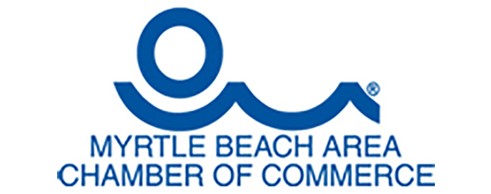
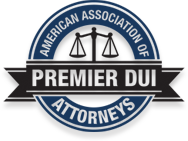
We understand that the legal system is not set up in favor of defendants or plaintiffs. That is why we have shaped our entire practice to be client-centered and compassionate. Our lawyers take special care to explain the court process and ensure that clients feel heard and understood.
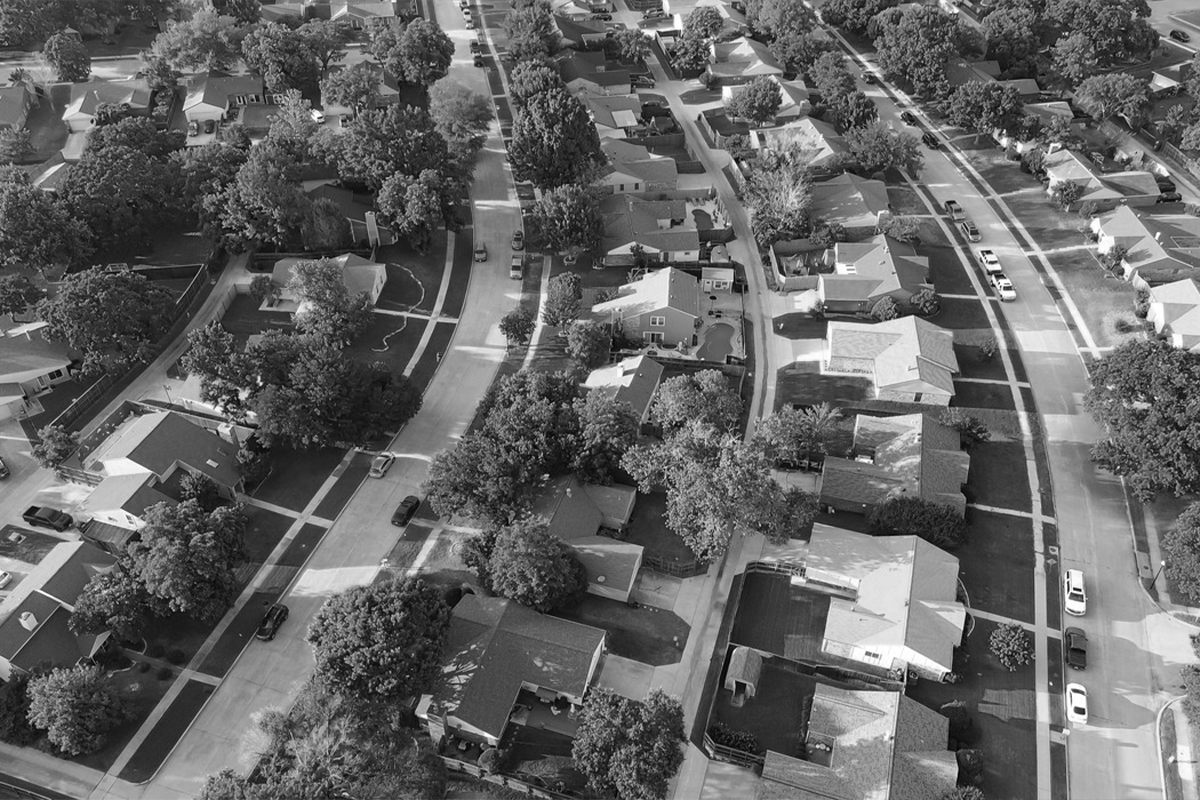
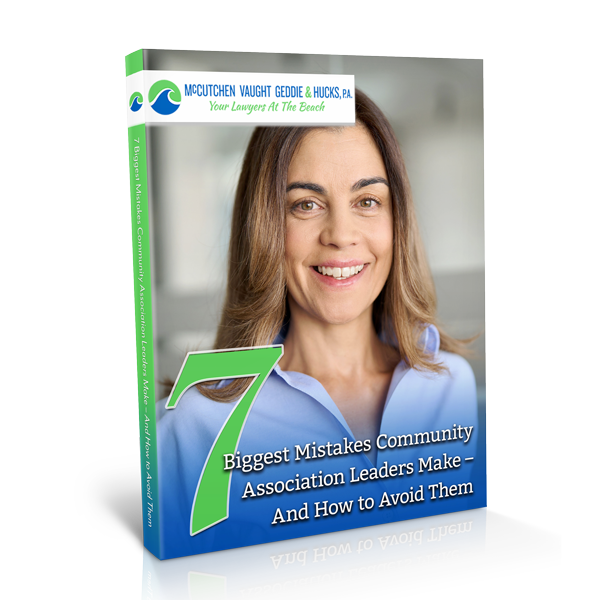
Learn what you should and shouldn't be doing to help your HOA case in South Carolina. Submit your information below to download our free PDF Guide.
![]()
During this most difficult period of time in my life, Margaret Evans and the staff assisted me during my divorce. I needed legal counsel which was provided professionally and efficiently. Thank you for your prompt and courtesy service to me.
![]()
Made the home closing process quick and easy! We appreciated their quick and clear communications, especially since our closing was over the holidays.
See what our clients have to say about our law firm and the people who are a part of it.
Community association law plays a critical role in ensuring the smooth management and operation of residential neighborhoods. It serves as the backbone for maintaining harmony among residents, protecting property values, and ensuring compliance with the rules that govern the shared spaces within these communities. For both homeowners and community association boards, understanding the legal responsibilities involved in managing a community is vital to preventing disputes and ensuring long-term success.
Community associations are typically governed by a set of bylaws, covenants, and rules established by the homeowners and residents. These governing documents serve as the framework for the community, laying out the responsibilities of both the association board and the individual homeowners. The community association itself is generally a legal entity that can enter into contracts, enforce rules, and manage common areas, such as parks, swimming pools, and other shared amenities.
Community associations are structured to help residents live in harmony by setting rules that govern the use of common areas, the appearance of individual properties, and behaviors that may impact the neighborhood. These rules aim to balance the interests of homeowners with the greater good of the community as a whole. Legal compliance with these rules ensures that the community functions smoothly, and property values remain stable.
Living in or managing a community association means abiding by certain legal responsibilities. One of the key functions of community association law is to protect the rights of homeowners while ensuring that the community remains peaceful and orderly. Homeowners agree to follow the community association’s rules when they purchase property in a planned community, and it’s essential for both homeowners and board members to fully understand these obligations.
Community association law ensures that disputes are handled fairly and that the rights of all residents are respected. By enforcing these legal frameworks, associations prevent conflicts and maintain a sense of order within the community. Additionally, a well-functioning community association is better equipped to address issues like property maintenance, rule enforcement, and the fair allocation of resources.
The board of directors within a community association has several important duties. These responsibilities include enforcing the community’s rules, managing the collection of dues and assessments, and overseeing the maintenance and repair of common areas. The board is also responsible for managing the financial health of the association, ensuring that funds are properly allocated, and making decisions that protect the long-term interests of the community.
Enforcing the community’s rules and regulations is one of the board’s most important tasks. This responsibility requires careful consideration and a clear understanding of legal rights and obligations. The board must handle rule violations in a consistent and fair manner to avoid disputes with residents. In addition, they must ensure that assessments are properly collected to fund the association’s operations, maintenance projects, and other necessary activities.
Community association lawyers play a vital role in helping board members navigate these complex legal matters. They offer advice on compliance with state and local laws, assist in drafting or reviewing governing documents, and provide strategies for resolving disputes.
Like any organization, community associations face potential challenges. Conflicts between residents can arise over rule enforcement, disagreements regarding maintenance responsibilities, or concerns about the allocation of association dues. These challenges can disrupt the peace of a community and, in some cases, escalate into legal disputes.
An experienced Georgetown County, SC Community Association Lawyer can guide boards through these challenges by providing legal advice and offering solutions to prevent or resolve conflicts. They help ensure that the association remains in compliance with all relevant laws and regulations, protecting both the association and its members from unnecessary legal exposure.
A community association lawyer is essential for assisting boards in navigating the complexities of governance. Whether drafting or reviewing governing documents, advising on compliance with state and federal regulations, or helping with dispute resolution, a lawyer plays an integral role in improving the management of a community.
Having a legal professional available ensures that the board stays within the bounds of the law, avoids costly mistakes, and maintains good relationships with residents. Legal assistance also helps prevent conflicts before they arise, ensuring that the community’s interests are protected in both the short and long term.
Dealing with community association issues can often be complex, and there are several common mistakes that individuals tend to make when navigating these matters. One of the most frequent missteps is not understanding the rules and regulations set forth by the association. Every community has its own set of governing documents, which may include covenants, bylaws, and other restrictions. Failing to fully understand these documents can lead to misunderstandings and disputes with neighbors, which could have been avoided with proper knowledge.
Another mistake is not communicating effectively with the community association or other members. Open communication is key when dealing with disputes, requests, or clarifications about community policies. In many cases, problems escalate because one party fails to address issues in a timely or constructive manner. A proactive approach to communication can help prevent minor issues from becoming major conflicts.
Some individuals also make the mistake of not following the proper channels for resolving disputes. Whether it involves addressing a violation or clarifying an interpretation of the community rules, it is essential to follow the process outlined in the association’s governing documents. Ignoring these procedures can lead to legal consequences or create unnecessary tension among neighbors.
Every community association has a set of governing documents, such as covenants, conditions, and restrictions (CC&Rs), bylaws, and rules and regulations. These documents outline the rights and responsibilities of homeowners and the association itself. One of the most common mistakes is not thoroughly reviewing these documents before taking action. If you are unsure about a specific rule or regulation, it’s critical to seek clarification from the association or legal counsel. Misunderstandings about what is permissible can lead to unnecessary disputes that could have been avoided with proper knowledge.
Effective communication is vital when addressing community association issues. Whether you are dealing with a neighbor’s concern, reporting a violation, or trying to resolve a dispute, maintaining open lines of communication is essential. Failing to address problems early or ignoring the other party’s concerns can escalate minor issues into major conflicts. It’s important to be clear, respectful, and timely in your communication to avoid misunderstandings that could otherwise be easily resolved.
When conflicts arise within a community association, it’s crucial to follow the established procedures for resolving disputes. Many associations have a process in place for handling complaints, violations, and disagreements. This may include filing a formal complaint, attending a hearing, or mediation. By not adhering to these procedures, you risk not only delaying resolution but potentially making the situation worse. Ignoring the rules can also lead to unnecessary legal battles that might have been avoided if proper steps had been taken.
Steps to take if a homeowner constructs an unapproved structure
Can a community association place a lien on a homeowner’s property for unpaid fees?
How can a community association attorney help ensure compliance with state and federal laws?
Dealing with HOA Governance Issues?
What documents cover a community association?
What is the role of a community association attorney?
This client story is for educational purposes only.
Roger never expected that running his community association in Georgetown County, SC, would lead to a major homeowner dispute. He took his role seriously, working to maintain the neighborhood’s beauty and property values, but when a resident named Walter began raising concerns about restrictions on home modifications and landscaping, Roger found himself caught between upholding the association’s rules and addressing a frustrated homeowner’s complaints.
Walter had recently purchased his dream home, excited to add a garden and personalize his property. However, he soon discovered that the community association’s strict regulations made even the simplest changes difficult. His requests for modifications were repeatedly denied, and he felt trapped by rules he didn’t fully understand. He grew frustrated with the complex language in the bylaws and didn’t know where to turn for help.
As the situation escalated, Roger knew he needed clear legal guidance to handle the matter properly. Determined to find a solution, he turned to Lawyer Luther McCutchen IV for advice. From the start, Luther helped Roger understand the legal framework surrounding community association laws in South Carolina. He broke down the association’s rights and obligations while also explaining Walter’s legal standing as a homeowner.
Luther’s expertise allowed Roger to navigate the conflict with confidence. He worked with Walter to craft a fair solution, ensuring the association maintained its integrity while also making reasonable accommodations. With Luther’s help, Roger was able to present a clear, legally sound resolution, and Walter’s home modifications were ultimately approved.
What could have become a costly legal battle instead became an opportunity for compromise and mutual understanding. Thanks to McCutchen Vaught Geddie & Hucks, P.A., Roger now knows how to handle homeowner disputes effectively, ensuring both the association’s rules and residents’ rights are upheld. With the right legal support, he was able to turn a challenging situation into a win for both the community and the homeowner.
A community association is responsible for managing and maintaining the common areas of a residential development or community, ensuring that the rules and regulations of the community are followed. These associations help preserve property values, maintain a sense of neighborhood cohesion, and provide services such as landscaping, trash removal, and security. The association’s governing documents, like the Declaration of Covenants, Conditions, and Restrictions (CC&Rs), set the guidelines that all residents must follow.
Board members are tasked with overseeing the management of the community association and ensuring that it operates in accordance with the governing documents. This includes making decisions on issues such as budgeting, maintenance of common areas, enforcement of rules, and resolving disputes between homeowners. Board members must act in the best interest of the community, maintain transparency, and hold regular meetings to communicate with homeowners.
Meetings are typically held regularly, often monthly or quarterly, and should be open to all association members. They provide an opportunity for homeowners to voice concerns, ask questions, and vote on important decisions. Meetings should be conducted according to the association’s bylaws, which may outline rules for notice of meetings, quorum requirements, and voting procedures. Minutes of the meetings must be recorded and made available to all homeowners. Board meetings often include discussions on finances, maintenance issues, and rule enforcement.
Disputes are common in community associations, and it’s essential to have a clear process for addressing them. In most cases, associations will first try to resolve disputes informally through open communication. If this isn’t effective, a formal dispute resolution process may be outlined in the governing documents, which could involve mediation or arbitration. It’s important to address disputes promptly to prevent them from escalating and affecting the community’s overall harmony.
Managing finances is a critical responsibility for a community association. The board is responsible for creating and approving an annual budget that covers the costs of maintaining common areas, insurance, utilities, and administrative expenses. Homeowners typically pay monthly or annual assessments to cover these costs. The board must ensure that the association is financially healthy, keep accurate financial records, and be transparent with homeowners about the budget and any potential changes in dues or assessments. Additionally, it’s important to have reserves for long-term projects and emergencies.
If a homeowner fails to pay their dues or assessments, the association may follow a series of steps to collect the payment. This could include sending reminders, imposing late fees, and, in some cases, placing a lien on the property. It’s essential for the board to follow the proper procedures outlined in the governing documents to avoid legal complications. In severe cases, the association may need to take legal action to recover the unpaid dues.
Homeowners are encouraged to get involved in their community association, whether by attending meetings, volunteering for committees, or running for the board. Active involvement helps ensure that the association is responsive to the needs of the community and that the decisions made are in the best interests of all residents. If you’re interested in a leadership role, check with the association for upcoming elections and nomination procedures.
Yes, the community association has the authority to modify the rules and regulations as needed. However, changes must typically be approved by a vote of the board or the homeowners, depending on the type of change and what is specified in the governing documents. Homeowners should be informed of any proposed changes, and the association should follow the procedures set forth for rule amendments.
If you or your community need legal assistance with any community association issues in Georgetown County, SC, McCutchen Vaught Geddie & Hucks, P.A. is here to help. Our firm is committed to providing clear and dependable legal advice to homeowners’ associations, board members, and residents. We understand how complex community association laws can be, and we are dedicated to guiding you through matters such as governance, compliance, disputes, and contracts. With our team by your side, you can feel confident that your community will remain on the right track.
Community association laws play an important role in maintaining the health and harmony of your community. Whether you are dealing with a dispute between residents or ensuring your community’s rules are in compliance with the law, having a skilled community association lawyer is crucial. With our legal team, you can be sure that all the necessary steps are taken to resolve conflicts effectively, uphold the rights of residents, and ensure your association operates smoothly. We know how to navigate the rules and regulations that govern associations, so you can focus on your community’s well-being.
At McCutchen Vaught Geddie & Hucks, P.A., we offer legal consultations to help you understand how we can assist with your community association matters. Our goal is to provide clear answers to your legal questions and help you move forward with confidence. Whether you are facing a legal issue or simply need advice, we are here to listen and offer practical solutions that best suit your community’s needs.
Reach out to our office today, and let us show you how we can support your community in Georgetown County, SC. With the help of our knowledgeable community association lawyers, you can be assured that your legal matters will be handled professionally, and your community will thrive.

I have used this law firm for years. Not only are they professional but very personal and compassionate. Everyone there has been such a blessing in times when I needed it the most. Gene Vaught has been my attorney for the past 24 years and has always gone above and beyond in any and every way. So thanks y’all and keep up the great work.